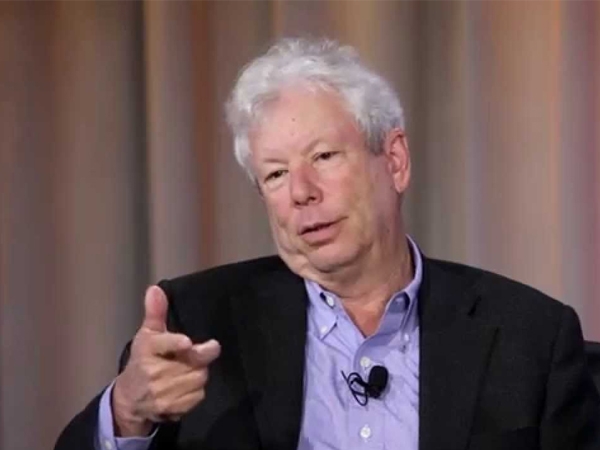Read about the Noble winner economist Richard Thaler who has made “economics more human”
Mumbai, October 11: The importance of the Economic Sciences is well known to us but the relevance, rationality of many economic theories is not at all clear. Here what makes Richard Thaler, the winner of Noble prize different from other economists is his realistic assumptions into analyses of economic decision-making. He has incorporated Economics with behavioral psychology. Hence Noble Committee decided him winner "for his contributions to behavioral economics".

Thaler developed the theory of mental accounting, explaining how people simplify financial decision-making by creating separate accounts in their minds, focusing on the narrow impact of each individual decision rather than its overall effect. He also showed how aversion to losses can explain why people value the same item more highly when they own it than when they don't, a phenomenon called the endowment effect. Thaler was one of the founders of the field of behavioral finance, which studies how cognitive limitations influence financial markets.
Social preferences:
Thaler's theoretical and experimental research on fairness has been influential. He showed how consumers' fairness concerns may stop firms from raising prices in periods of high demand, but not in times of rising costs. Thaler and his colleagues devised the dictator game, an experimental tool that has been used in numerous studies to measure attitudes to fairness in different groups of people around the world.
Lack of self-control:
Thaler has also shed new light on the old observation that New Year's resolutions can be hard to keep. He showed how to analyze self-control problems using a planner-doer model, which is similar to the frameworks psychologists and neuroscientists now use to describe the internal tension between long-term planning and short-term doing. Succumbing to short term temptation is an important reason why our plans to save for old age, or make healthier lifestyle choices, often fail. In his applied work, Thaler demonstrated how nudging – a term he coined – may help people exercise better self-control when saving for a pension, as well in other contexts.